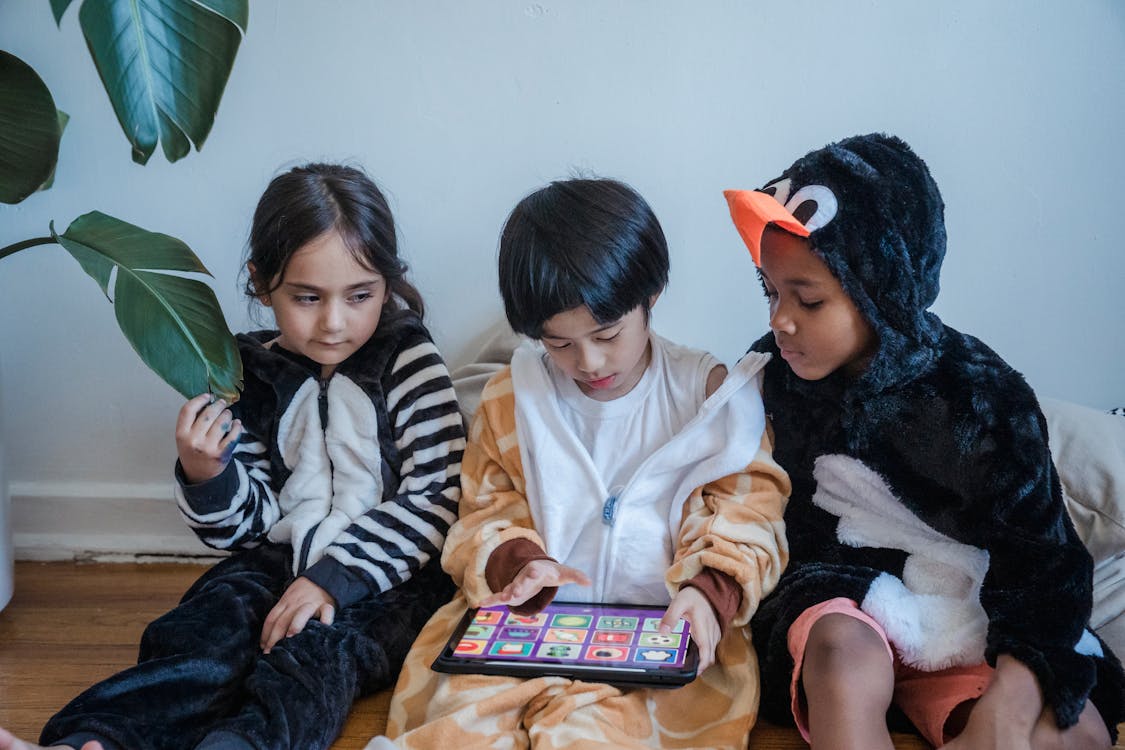Wed 21 June 2023:
The impact of social media on teenage mental health has led to a significant increase in depression and feelings of hopelessness among teens, earning it the title of the “new Great Depression.”
According to a poll conducted by the University of Michigan and featured in psychologist Dr. Jean Twenge’s book “Generations: The Real Differences Between Gen Z, Millennials, Gen X, Boomers, and Silents,” nearly half of teens now agree with statements such as “I can’t do anything right,” “I do not enjoy life,” and “My life is not useful,” which is twice the number compared to a decade ago.

Dr. Twenge, a generational expert, identifies social media and screen time as the primary cause of the increase in teen depression. Since the widespread adoption of smartphones in the early 2010s, rates of teen depressive symptoms have skyrocketed.
The University of Michigan poll, conducted annually since 1991, shows a sharp ascent in these depressive symptoms starting around 2012, coinciding with the rise of social media platforms like Instagram, Snapchat, and later TikTok.
Teenagers now spend up to nine hours a day on screens, with half of them reporting being online “almost constantly.” This shift in behavior has led to a decline in traditional activities like dating, getting a driver’s license, and working for pay.

The negative effects of social media on teen mental health are not limited to depression but also extend to suicide and self-harm. Teen girls, in particular, are more prone to comparing themselves and seeking social validation through platforms like Instagram, which can contribute to feelings of inadequacy and a decline in mental well-being.
The COVID-19 pandemic has further exacerbated these issues within Generation Z, but Dr. Twenge emphasizes that the crisis was already present before the pandemic.
Gen Z is also navigating a politically polarized world and social unrest, which adds to their feelings of hopelessness and skepticism about the future. Economic challenges have resulted in older Gen Z individuals moving back in with their parents. While their circumstances may not be worse than those faced by previous generations, they perceive them to be so, leading to a more pessimistic outlook.

The consequences of this depression and pessimism are severe, with a significant number of teen girls seriously considering suicide and self-harm hospitalizations rising by 163% in the past decade. Suicide now ranks as the second-leading cause of death among young Americans.
Dr. Twenge suggests that parents should delay the introduction of smartphones and social media to their children for as long as possible. However, she believes that more significant actions are required, such as raising the minimum age for social media use to 16. Addressing this issue requires collective efforts beyond individual families, as it has become a societal problem.
-Anadolu Agency
______________________________________________________________
FOLLOW INDEPENDENT PRESS:
TWITTER (CLICK HERE)
https://twitter.com/IpIndependent
FACEBOOK (CLICK HERE)
https://web.facebook.com/ipindependent
Think your friends would be interested? Share this story!





